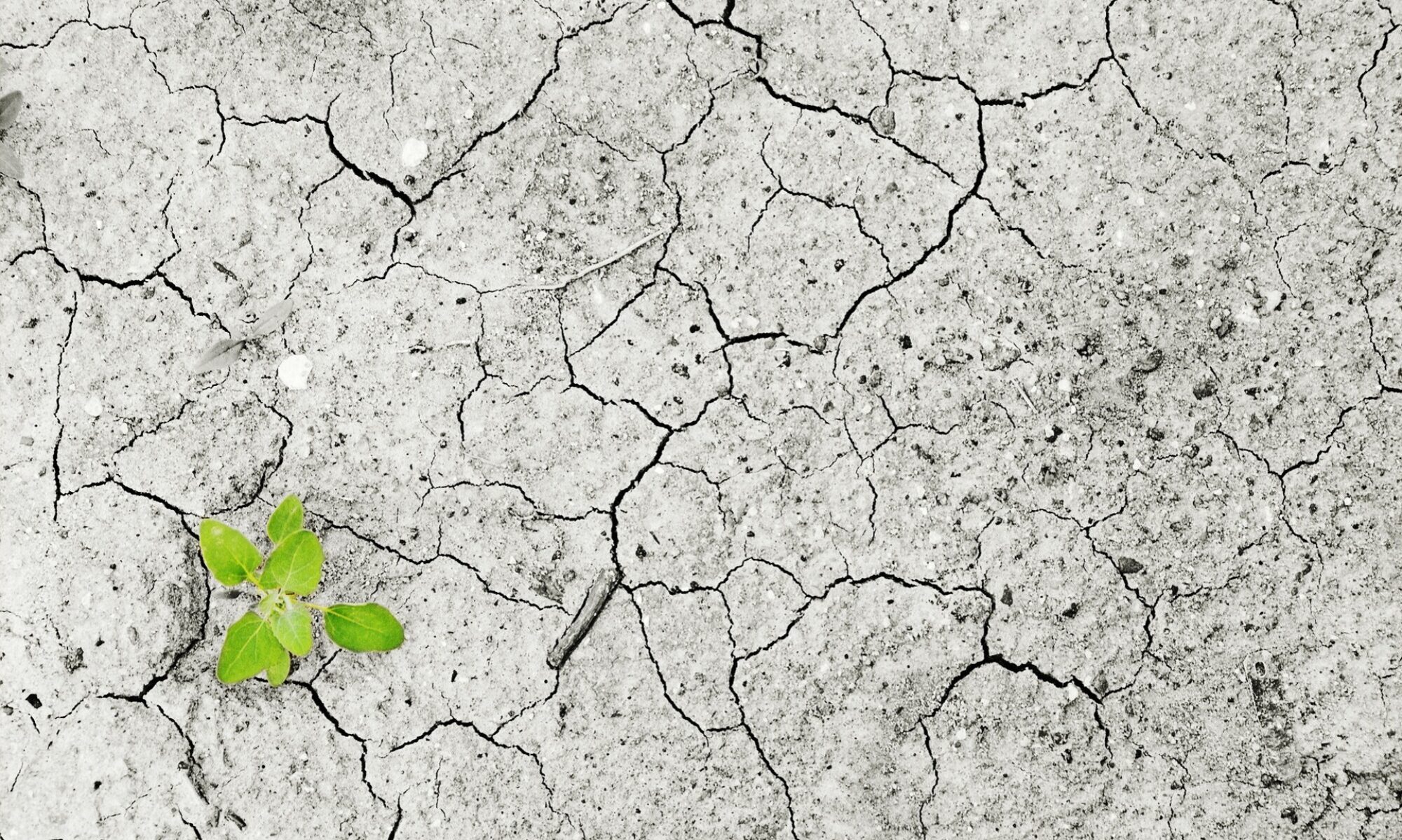11 May 2021 – by Atoosa Gitiforoz
A recently published study by the Nature journal shows that limiting global warming to 1.5 degrees Celsius ‘would halve the land ice contribution to twenty-first-century sea level rise’. The world currently, is on track to warm three degrees Celsius by 2100.
This study projects that reducing greenhouse emissions in line with pledges made under the Paris Agreement would have almost halved land ice contribution to sea level in 2100. This halving is demonstrated across three ice sources:
The ice sheet mass loss in Greenland would reduce by 70%, glacier mass losses would roughly halve and Antarctica would see little difference between different emissions scenarios, ‘owing to uncertainties in the competing processes of snowfall accumulation and ice loss.’
The Antarctic Ice Sheet is the largest ice land and its melting is accelerating. Models are used to project the contribution of land ice to sea-level rise, but they cannot explore all outcomes due to uncertain projections, and use up large amounts of computational power. In the most extreme ice sheet loss scenario, Antarctic loss may be up to five times higher – increasing the median sea level to 42cm under current pledges.
Rises in sea level strongly influences the migration of people; 1 billion people may become climate refugees by 2050, largely due to melting ice caps, sea level rises, rising temperatures, drought and catastrophic effects of climate change. A recent study by Harvard University states that West Antarctic ice sheet melting may cause sea levels to rise higher than previously thought. New predictions say that in the case of complete ice sheet collapse, sea levels would rise by an additional 30% (within the next 1,000 years) than previous estimates.
Whilst estimating the number of climate migrants is difficult due to future changes in carbon emissions and coastal-adaptation choices, climate disasters currently do influence migration. Rising sea levels will inevitably lead to land becoming uninhabitable and hence increased displacement. The study published by Nature pointing to a global warming limit of 1.5 degrees Celsius having such as substantial impact on land ice contribution to sea levels, highlights how much damage and suffering can be averted through on-going efforts at mitigating climate change.


